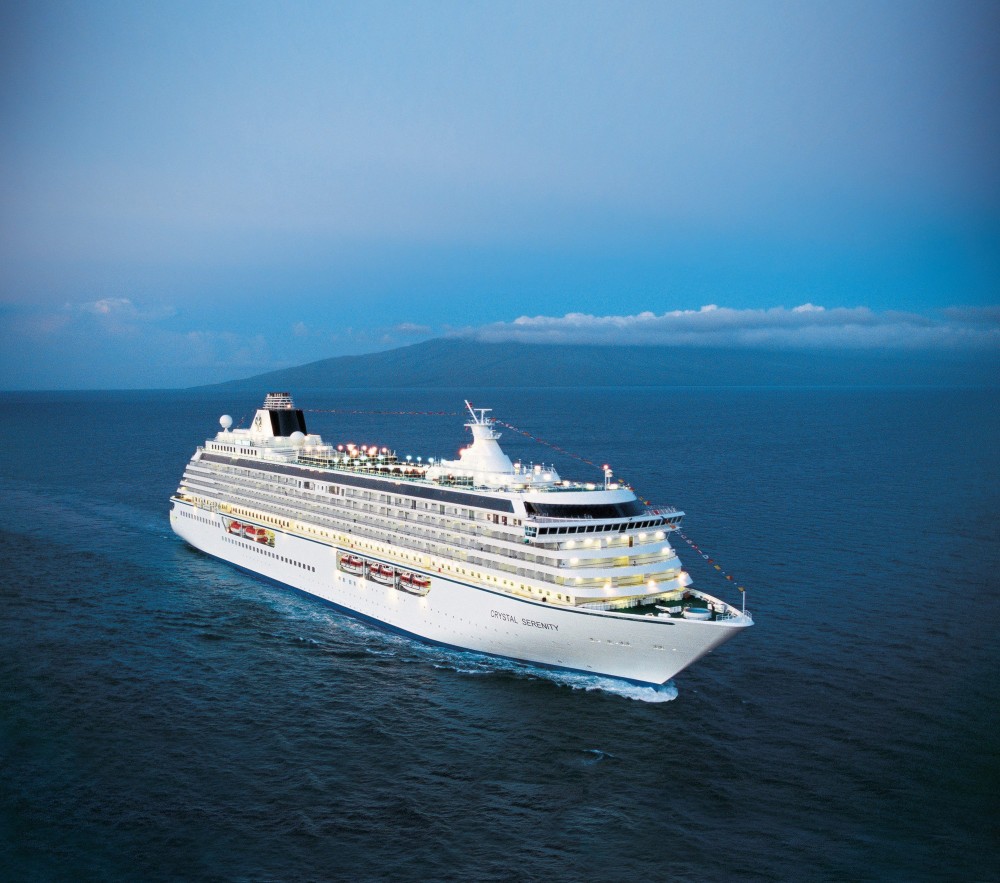Canada bans pleasure craft and cruise ships in its Arctic waters for another year

The federal government is banning foreign pleasure craft in Canadian Arctic waters and cruise vessels in all Canadian waters until the end of February of next year, Transport Minister Omar Alghabra announced Thursday.
The prohibition to enter Canada’s Arctic waters, including Nunatsiavut, Nunavik, and the Labrador Coast, applies to all adventure-seeking pleasure craft, as well as passenger vessels carrying more than 12 people, Alghabra said.
Pleasure craft used by local Arctic residents will not be affected by these measures. The restrictions also don’t apply for vessels used by local communities for essential transportation, subsistence fishing, harvesting and hunting, federal transport officials said.
“As Canadians continue to do their part to reduce the spread of COVID-19, our government continues to work hard to ensure Canada’s transportation system remains safe,” Alghabra said in a statement.
“Temporary prohibitions to cruise vessels and pleasure craft are essential to continue to protect the most vulnerable among our communities and avoid overwhelming our health care systems. This is the right and responsible thing to do.”
The territorial government of Nunavut welcomed the announcement by the federal transport ministry.
“COVID-19 continues to pose a significant public health risk to Nunavut,” said in a statement Minister of Economic Development and Transportation David Akeeagok. “The Government of Nunavut supports Transport Canada’s decision to extend the Interim Orders to ban non-resident pleasure craft and private passenger vessels with 12 or more passengers from sailing in Canadian Arctic waters through Feb. 28, 2022.”
Steep fines and even jailtime for rule-breakers
Those who do not comply with the pleasure craft prohibition could be subject to penalties: $5,000 per day for individuals and $25,000 per day for groups or corporations, officials said.
Those who break the passenger vessel prohibition could be liable on summary conviction to a fine of up to $1 million or to imprisonment for a term of up to 18 months, or to both, officials said.
To limit the spread of COVID-19, the federal government continues to advise Canadian citizens and permanent residents to avoid all travel on cruise ships outside Canada until further notice, officials said.
Essential passenger vessels, such as ferries and water taxis, should continue to follow local public health guidance and protocols, and follow mitigation measures to reduce the spread of COVID-19 and prevent future outbreaks, the transport ministry said in a statement.
These could include: reducing the number of passengers, ensuring physical distancing, the wearing of masks, and enhanced cleaning and hygiene measures.
Related stories from around the North:
Canada: Chamber of Commerce in Canada’s Northwest Territories says tourism threatened by COVID-19 border restrictions, CBC News
Denmark: Who is allowed into Denmark from Sweden right now?, Radio Sweden
Finland: How not to promote Arctic tourism, Eye on the Arctic
Greenland: Greenland changes COVID-19 rules for travellers from Iceland, Faroe Islands, Eye on the Arctic
Norway: Norwegian Arctic wilderness tourism hit particularly hard by coronavirus, The Independent Barents Observer
Russia: All Russia’s North Pole cruises rescheduled to 2021, Eye on the Arctic
Sweden: Summer tourism recovery is slow going in Sweden, Yle News
United States: Airline shutdown creates new challenges for rural Alaska, The Associated Press



